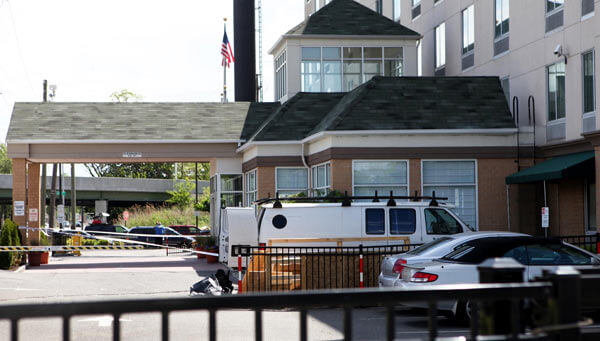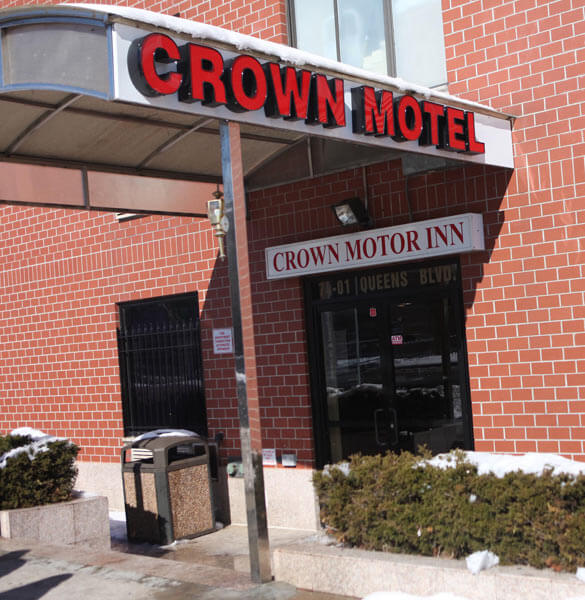By Rich Bockmann
Queens is leading the outerboroughs in the current hotel building boom, and Mayor Michael Bloomberg wants to ensure that visitors to the Big Apple’s hotels, motels and bed-and-breakfasts continue to fill the city’s tax coffers.
At the request of the mayor, the City Council introduced a bill last week to extend the hotel room occupancy tax at the rate of 5.875 percent for another two years, retroactive to Dec. 1.
The tax reverted to 5 percent Sunday after the Council first raised it to 5.875 percent in 2009 and extended it two years later.
Over the past several years record numbers of tourists have been visiting the city, and those looking for bargains outside Manhattan have been choosing to stay in places like Long Island City, Flushing and Jamaica, which are driving hotel development in Queens.
Since 2006 the number of visitors to the Big Apple has climbed 16 percent, and during that time Queens has added the most outerborough hotels, 10, according to NYC & Co., the city’s official marketing partner.
Visitors to the city pay the tax collected by hotel operators and remarketers, such as expedia.com, which pass it on to visitors on top of city and state sales taxes and a $2-a-day unit fee on each room, making New York City one of the most heavily taxed places to stay in the country.
Last year the Global Business Travel Association found New York placed second in the country behind Chicago with travelers paying an average of $37.98 a day in taxes for a hotel room.
The association is not alone in criticizing “discriminatory” taxes, such as the hotel room tax, which target travelers.
“They’re not unusual. They exist in a lot of states and a lot of times they’re locally levied,” said Scott Drenkard, an economist at the Washington, D.C.-based Tax Foundation. “A lot of the reasons why they’re popular is they enable localities to try to shift the tax burden on to non-residents, non-voters in their localities.”
“It’s a political problem that goes against the principal of neutrality,” he added. “Good taxes are taxes that are neutral. The political motivation is clear when you try to tilt the tax burden to people who don’t have a vote.”
The city’s hospitality industry has been booming in recent years along with the increase in tourism, and as the industry grows so does its political clout.
This election season Hotel Workers for A Stronger Middle Class, an independent committee representing the Hotel Trades Council, spent close to $430,000 backing candidates, including Council Speaker Christine Quinn (D-Manhattan), state Sen. Daniel Squadron (D-Brooklyn) and city Comptroller-elect Scott Stringer.
The group also doled out another $890,000 to other groups supporting Quinn in the primary and Mayor-elect Bill de Blasio in the general election.
Reach reporter Rich Bockmann by e-mail at rbockmann@cnglocal.com or by phone at 718-260-4574.



































